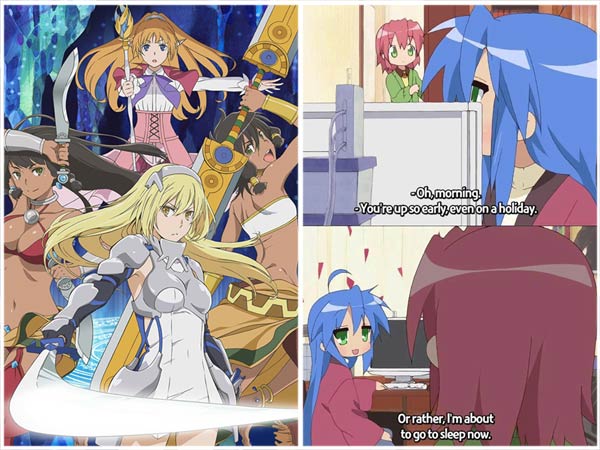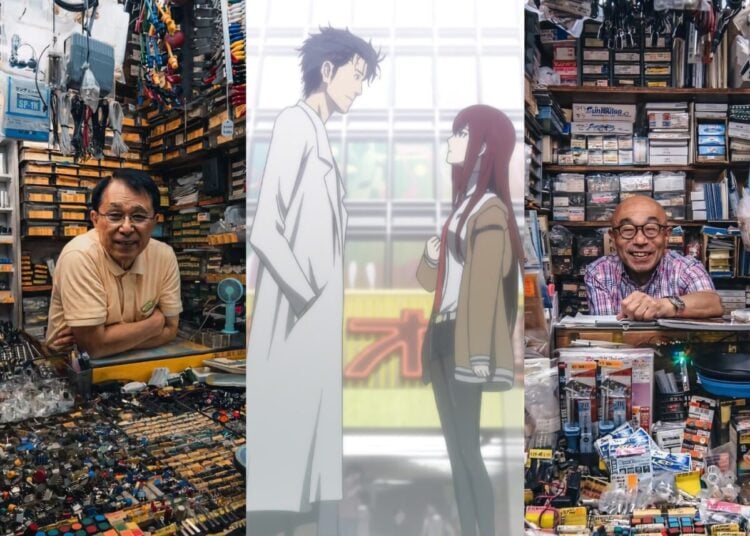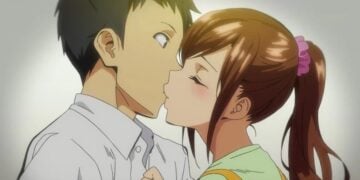Back when I first came to Japan, I came across a novel for Kimagure Orange Road, one of the classic 80s manga/anime that basically taught me Japanese. Wanting to give something back to the anime community, I decided to translate the novel into English, which was quite a rare thing back in 1994. I didn’t know it at the time, but the industry was entering the Age of Light Novels, a time when the majority of anime productions would start out as illustrated novels with ridiculously long “clickbait” titles like I Couldn’t Become a Hero, So I Reluctantly Decided to Get a Job or Akashic Records of Bastard Magic Instructor. I like to observe the way trends in light novels affect what mainstream anime is made, like the Heisei Imouto Bubble (when every work was required to have “little sister” in its title to get funded), or the years when every other story focused on exploring the psychology of NEETs. These days we’re in the Post-SAO Fantasy Period, with writers of light novels giving us tons of Sword Art Online-derived stories of fantasy worlds that somehow mesh with our own reality, like Re:Zero and Konosuba. The newest one is the Danmachi spinoff Sword Oratoria, aka Is It Wrong for Lesbian Girls to Pick Up Other Girls in a Dungeon, a “Danmachi side story” that seems right up my alley. Are you watching?
One question I hear a lot is, is being an “otaku” a negative thing in Japan these days? The word is originally a polite term meaning “you or your family,” though in the late 80s it came to refer to the (then) socially awkward people who obsessed about anime, manga and hentai video games. Back when I was a teacher, it was generally a good idea to keep any extreme hobbies you had to yourself, and I remember talking with a male student about what we had both done during the weekend…and we both smiled as we realized we’d been watching “a TV show on TV Asahi at 6 pm,” which was Sailor Moon. Of course, time and attitudes all change, and in the decade of the 2000’s it became trendy for TV personalities to brand themselves as “otaku talents” and talk about their manga collection, or what maid cafes they’d visited lately. Because of these trends, plus the realization that anime has greatly improved Japan’s standing in the world, there’s very little negativity towards otaku culture anymore. After all, I’ve had it explained to me, everyone is an “otaku” about something, whether it’s building Gundam models, watching professional baseball, or traveling around Japan to photograph rare trains.
J-List stocks a lot of awesome anime figures from Japan, and every day we add another 5-6 new ones to the site. The figures are prepainted and are just begging to be placed on your special figure shelf for display. Browse all figures here, and naughty “cast off” figures here. We also have a link for all figures we’ve got in stock right now — no waiting!

















